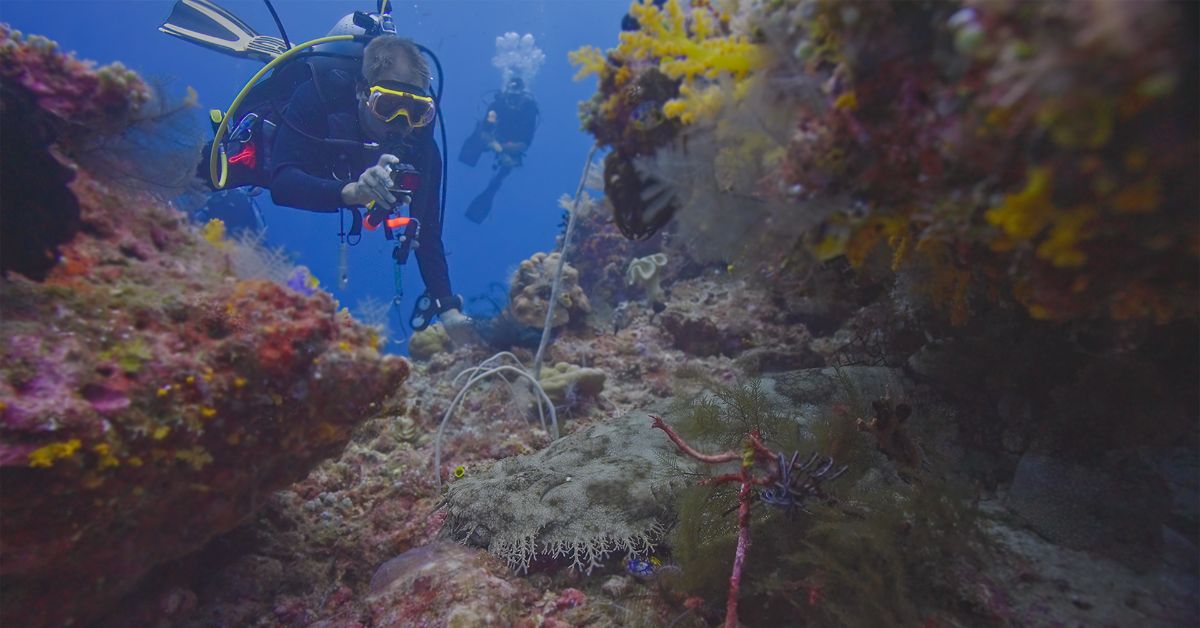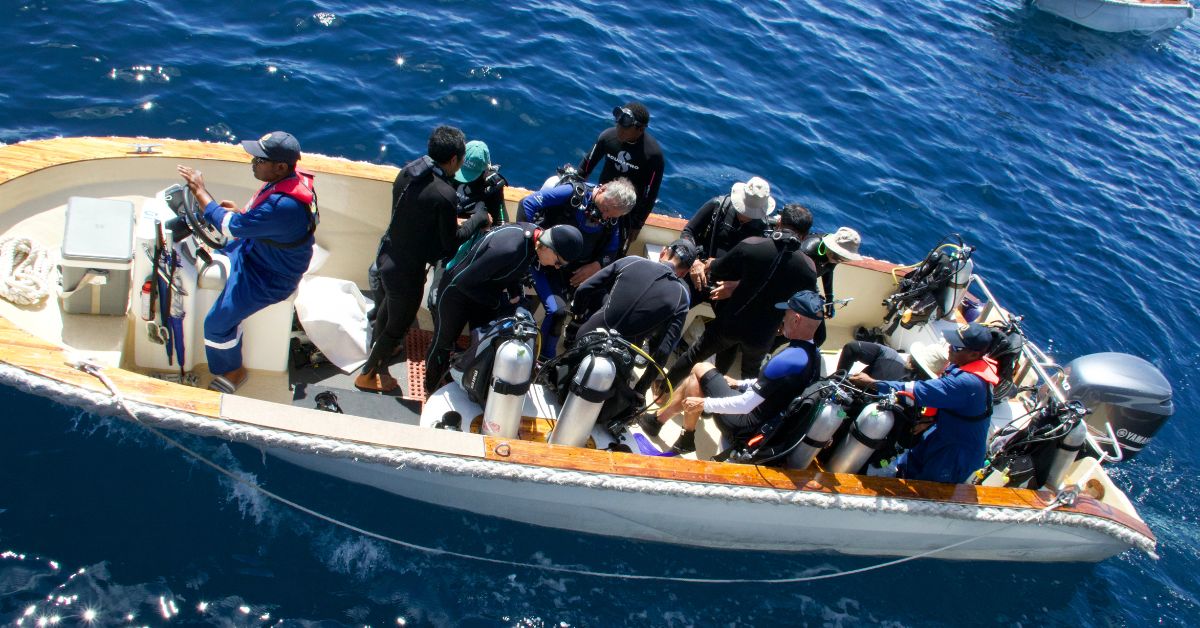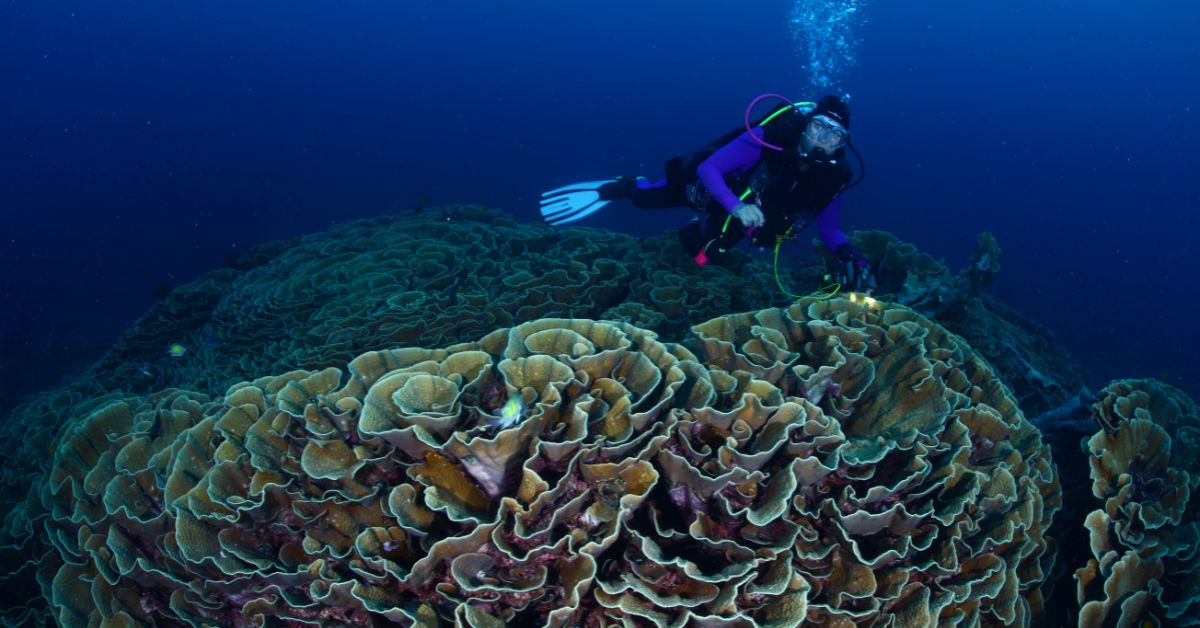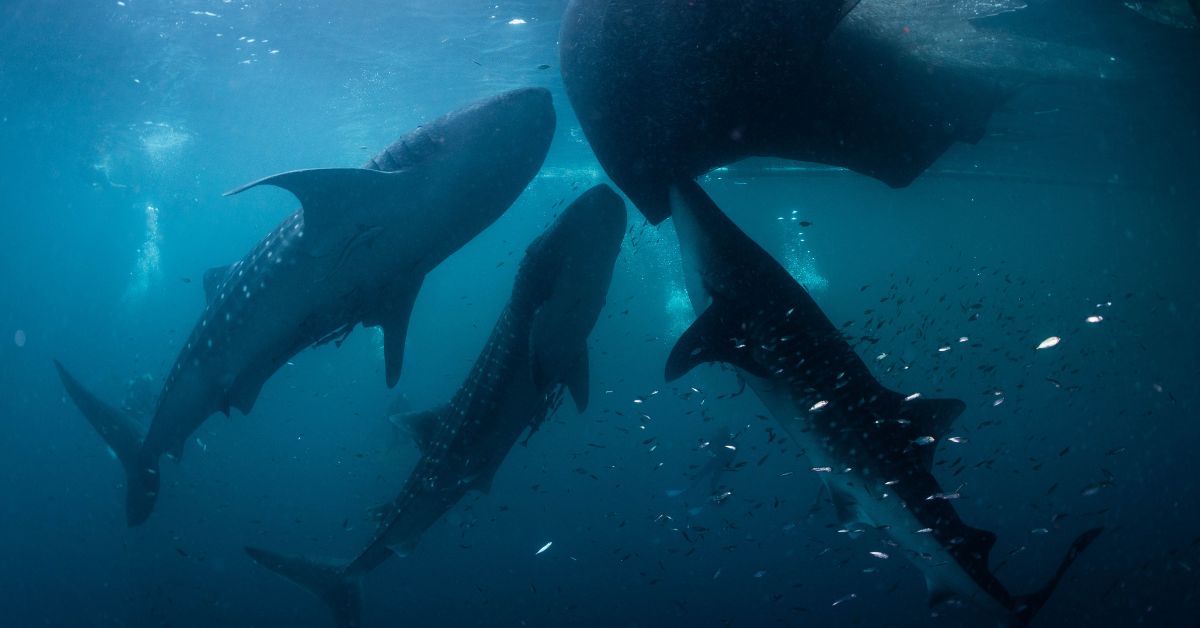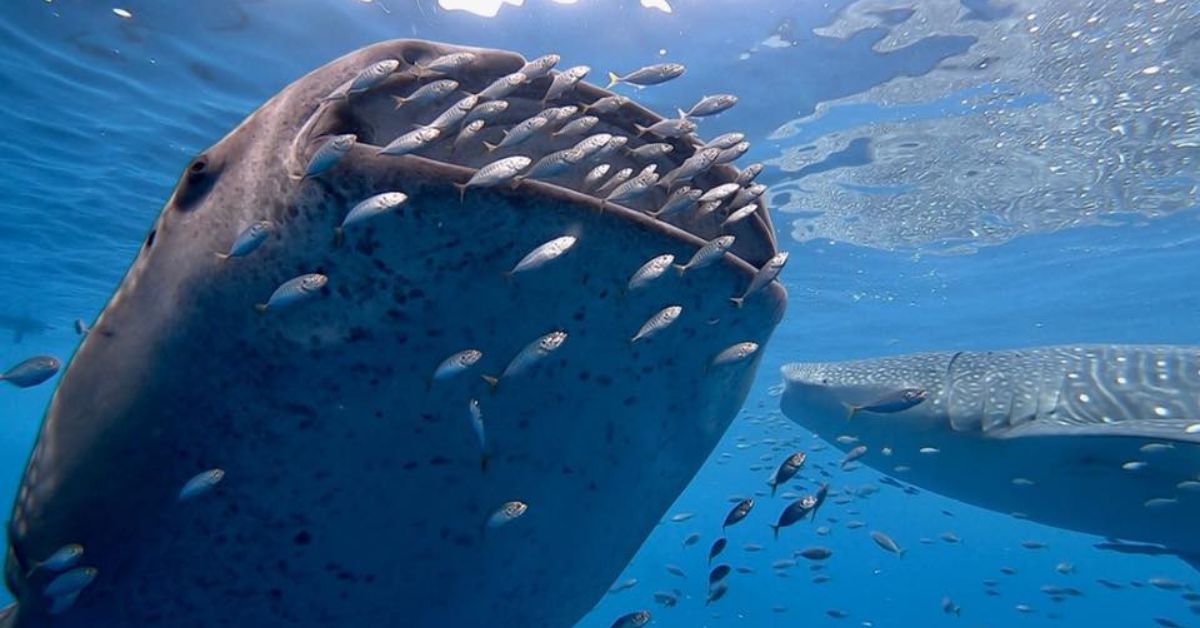Diving is an exhilarating and enjoyable activity that allows us to explore the underwater world. However, like any outdoor activity, weather conditions can affect diving. While most dive centers and instructors will prioritize safety and cancel a dive if the weather is deemed dangerous, there may be times when you find yourself caught in bad weather while diving.
In such situations, it is crucial to remain calm, follow proper safety protocols, and take necessary precautions to ensure your well-being. Learn what to do when the weather gets bad while diving so you can enjoy your next diving-centric vacation.
Wear the Appropriate Wetsuit
Check the weather forecast before every dive, and wear the appropriate wetsuit if there is a chance of storms. During stormy weather, temperatures can drop as clouds block the sun and wind speeds increase. If you choose to dive during stormy weather, wear a thicker wetsuit; the additional insulation helps retain body heat, preventing hypothermia during extended exposure to cold waters.
Beyond insulation, a well-fitted wetsuit allows for better maneuverability underwater. This is important when navigating challenging conditions, as it reduces the resistance you encounter while swimming. Likewise, your fins should fit snugly to maintain control in rough seas.
Recognize the Signs of Bad Weather
Bad storms can come out of nowhere. Keeping a keen eye can help you detect changes in water conditions so you know what to expect during your dive. If it looks like it might storm, you may have to reevaluate your plans or reschedule your dive. The common signs of bad weather include:
- Strong winds: Faster winds can create choppy waves at the surface, making it difficult to maintain control while diving.
- Decreased visibility: Rainfall and strong currents can stir up sediment and debris, reducing your visibility underwater.
- Rough seas: Swells caused by high winds or storm systems can cause rough and unpredictable conditions, making it difficult to ascend and descend safely.
- Dark clouds: Dark clouds are often an indication of approaching storms, so monitor the sky for changes in weather patterns that could impact your dive.
Staying vigilant and proactive in looking for these signs can ensure a safe and enjoyable dive.
Pro Tip
Always check the weather forecast before you set foot on a vessel. Verifying local forecasts and marine advisories can help you anticipate and prepare for changes.
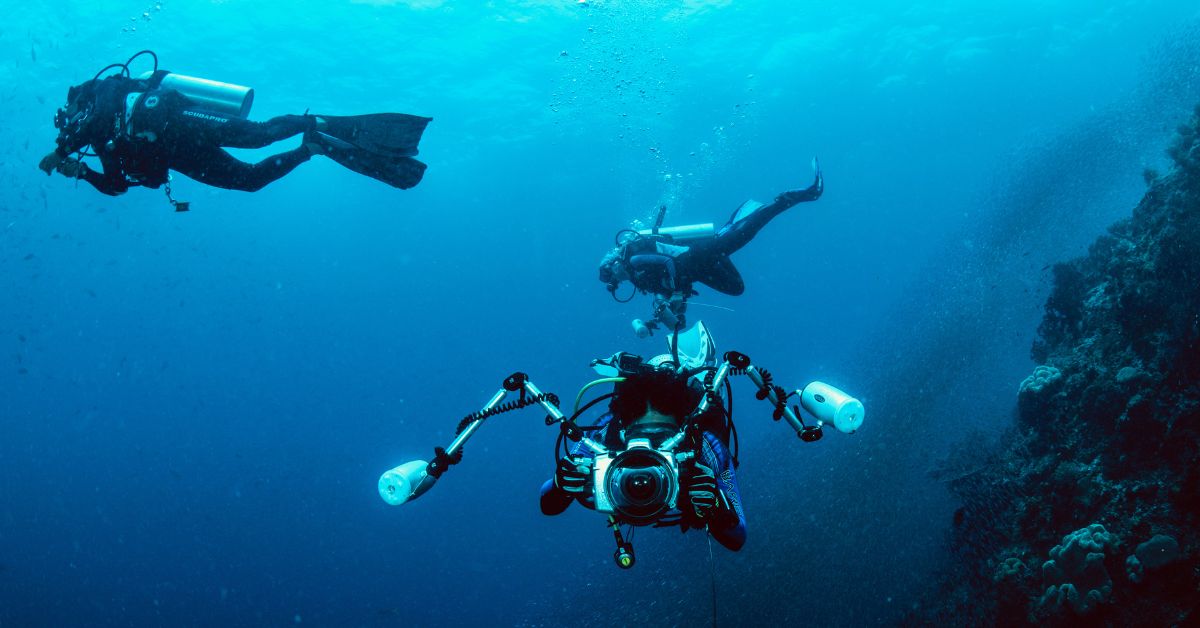
Communicate With Your Dive Buddy
Effective communication with your dive buddy is critical to safe diving, especially when conditions worsen. You and your dive buddy should know the essential dive hand signals to maintain communication throughout your adventure. If one of you feels like you should end the dive early, communicate through hand singles and begin ascending together.
Moreover, you should talk to your dive buddy on the vessel before entering the water. Discuss any concerns or potential changes in the dive plan, and establish a clear emergency plan.
Beware of Underwater Dangers
Bad weather can amplify existing underwater hazards. For example, strong currents can become more unpredictable, requiring constant awareness of your surroundings. Watch for changes in water movement, and adjust your positioning accordingly. To avoid injury, maintain a safe distance from rocky outcrops or coral formations.
Marine life behavior can also change during adverse weather. Some species may become more active or defensive, increasing the likelihood of encounters. Respect the ocean and its inhabitants by keeping an appropriate distance from marine animals and remaining calm if you come into close contact with them.
Remain Calm
Although diving should be fun, it can become stressful when facing bad weather. Try to remain as calm as possible in these situations, as panicking can make it harder to focus and make sound decisions. If you become anxious, you may also use more air and increase your risk of decompression sickness.
Remember to focus on proper breathing techniques, stay close to your dive buddy, and follow procedures to return to the surface safely. Rely on your training, follow safety protocols, and communicate effectively to ensure a safe and enjoyable dive.
Know When To Make an Emergency Ascent
One of the most important things to know when the weather gets bad while diving is when to make an emergency ascent. If weather conditions become too severe, and you cannot swim properly or maintain control over your buoyancy, it may be necessary to surface. Remember to ascend slowly and make safety stops if conditions allow.
If bad weather forces you to abort the dive, communicate with your buddy and follow emergency protocols. Stay close to each other while ascending, and try to surface near the liveaboard so you can quickly return to safety.
Stay Close to the Vessel
Staying within sight of the vessel allows you to return quickly if conditions worsen. Familiarize yourself with landmarks, and use them to orient yourself while underwater.
A compass and waterproof flashlight can be invaluable for navigation and staying on course. Regularly check your surroundings, and adjust your course if needed, keeping the liveaboard within reach.
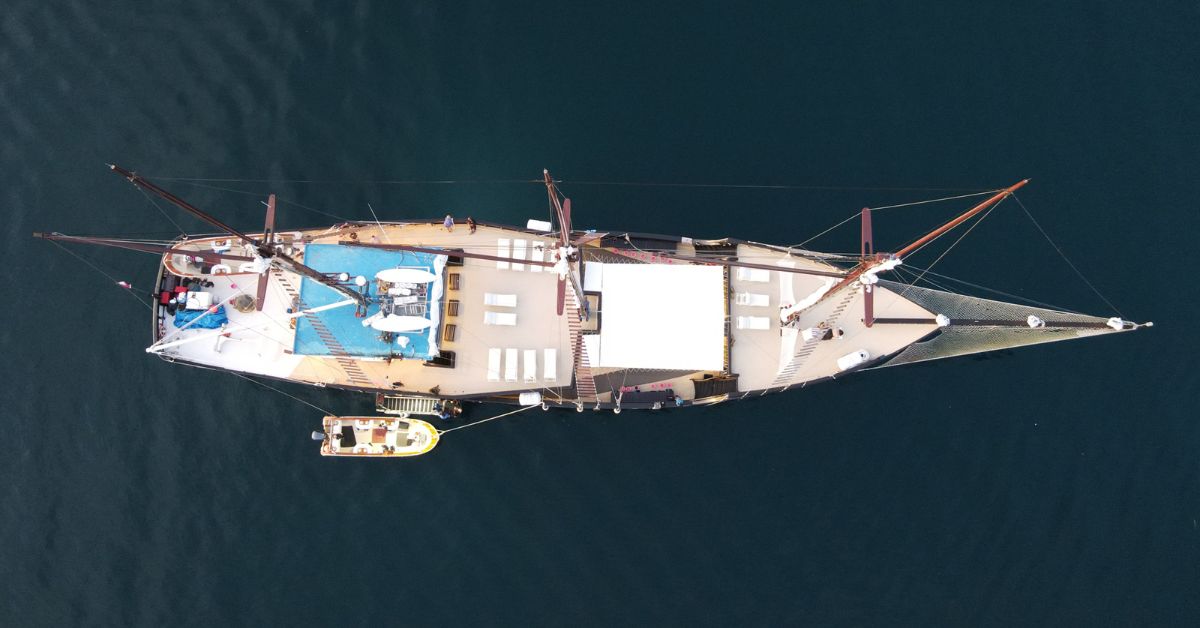
Cautiously Re-boarding the Vessel
Re-boarding the liveaboard can be challenging in rough conditions as waves crash against and rock the vessel. Approach the liveaboard from the leeward side, where waves are smaller, and follow crew instructions for reboarding. Secure your gear before climbing the ladder, reducing the risk of losing equipment.
As you reboard the vessel, keep a firm grip on the ladder, and concentrate on each step as you climb. Take your time, and avoid rushing, as moving too quickly could lead to accidents or injuries. If necessary, ask for assistance from the crew or fellow divers to ensure a safe return to the deck.
Prioritizing Your Safety
Above all, prioritize your safety over completing a planned dive. Conditions can change rapidly, and there may be times when you must end a dive earlier than you normally would.
Trust your instincts, and don’t hesitate to cut a dive short if you feel uncomfortable or conditions become too challenging. The ocean will always be there for future adventures; the most important outcome is returning safely to explore another day.
Plan Your Next Diving Trip
Dewi Nusantara offers incredible diving adventures in Indonesia. Explore Ambon on a livaboard. In this unique diving location, you’ll see some of the world’s most diverse and colorful marine life in clear waters. Join us on our luxurious diving cruise for an experience you’ll remember for a lifetime.



